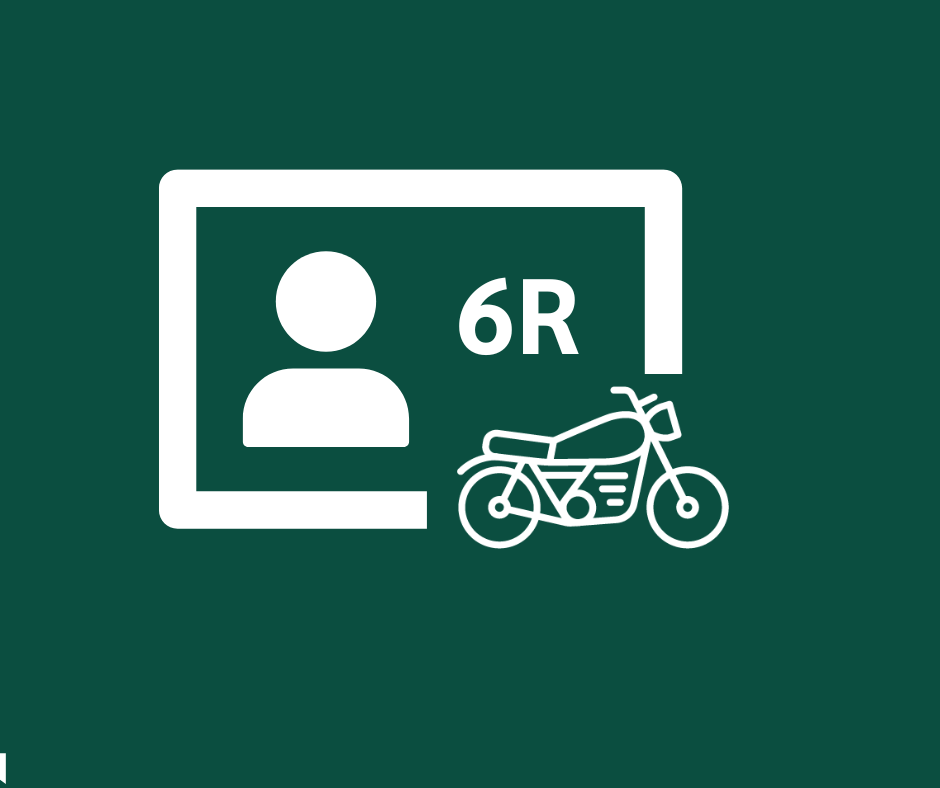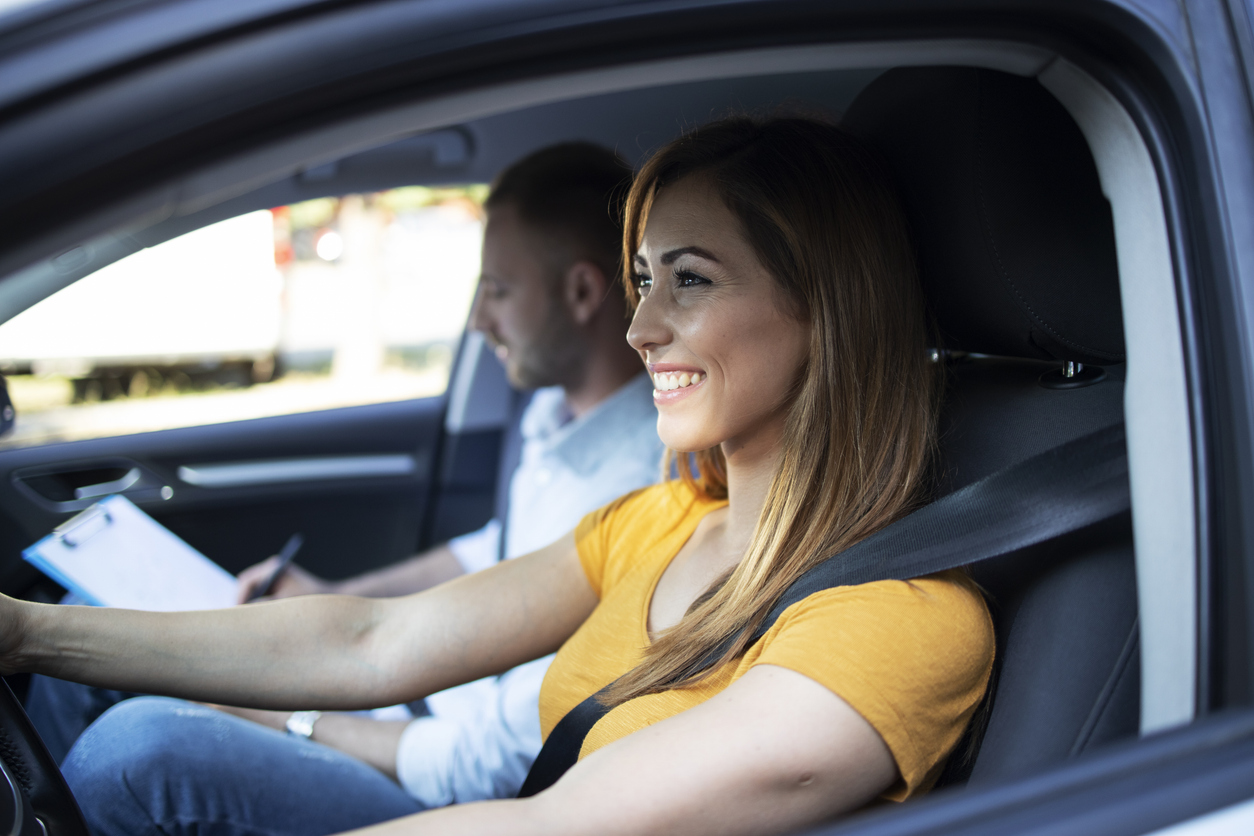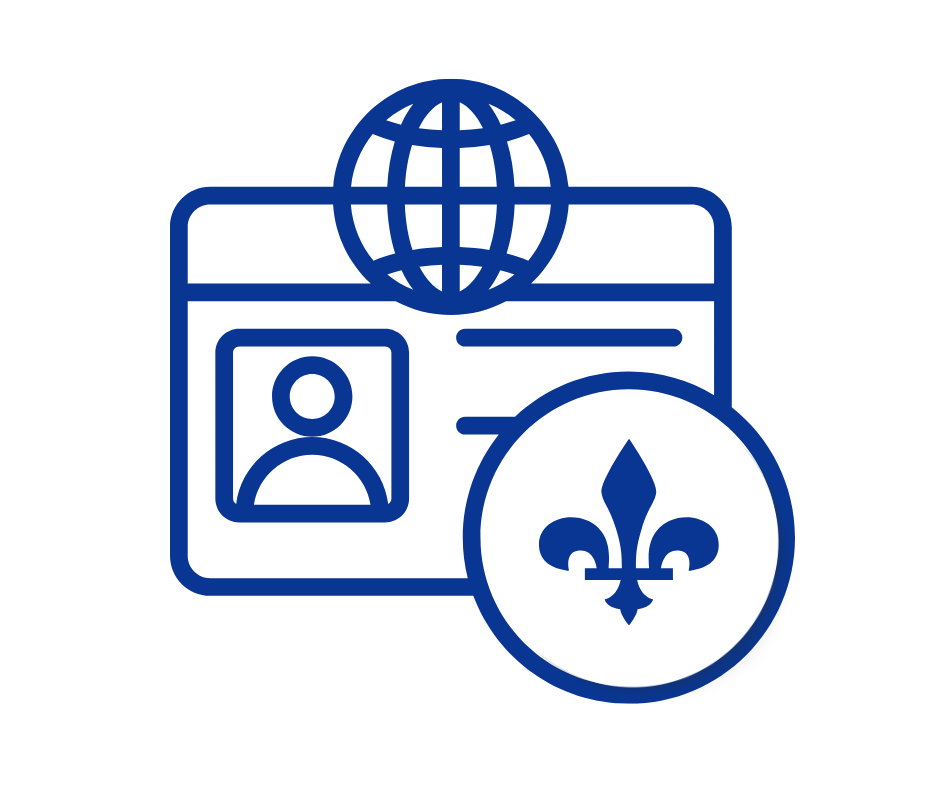Understanding and reducing the anxiety associated with driving
Are you stressed when you need to drive somewhere? Do you avoid certain situations, like driving in heavy traffic or on the highway, because they make you uneasy?
No need to fret! You’re far from being the only person who feels this way! In fact, a medical term was even coined to describe the anxiety some people feel while driving: amaxophobia . Amaxophobia (defined as the pathological fear of driving a car) is believed to affect over 50% of those who have been involved in a traffic accident.
Amaxophobia often manifests itself as a more or less severe panic attack, generally triggered by a stressful situation or the anticipation of such a situation. The condition can be exacerbated when other sources of anxiety are present; for example, someone who suffers from claustrophobia may find driving through a tunnel extremely stressful and prefer to make a significant detour to avoid feeling “stuck”.
The physical symptoms of amaxophobia include:
- Palpitations
- Trembling
- Sweating
- Breathing difficulties or rapid breathing
“The more afraid we are, the more we avoid, and the more we avoid, the more afraid we become.”
– Professor Antoine Pelissolo, psychiatrist (translation)
This quotation aptly describes how the anxiety some people feel with regard to driving can quickly spiral out of control. Stopping this process calls for identifying the fears at the heart of the issue, acknowledging their irrational nature and understanding the emotions they trigger (anxiety, fear, etc.).
So, if you tend to become anxious when you get behind the wheel, don’t downplay or ignore the situation. Instead, be aware of what’s happening. If you feel your anxiety ratcheting up, stop in a safe place and wait it out, i.e., until you feel calmer. Some people find breathing exercises very helpful in these situations.
And what about solutions?
Psychotherapy has proven effective at decreasing amaxophobia: talk to your doctor. And remember, you’re not the only one dealing with this issue!
You could also give breathing, relaxation and mindfulness meditation techniques a try. Despite the absence of firm scientific data regarding amaxophobia, they have all been shown to have a positive impact on overall anxiety.
And lastly, you might find personal driving course helpful, as these can boost your confidence while also providing you with tools to use when you start feeling anxious or stressed. All of these resources can help both young and experienced drivers. Ask your driving school for more information.


